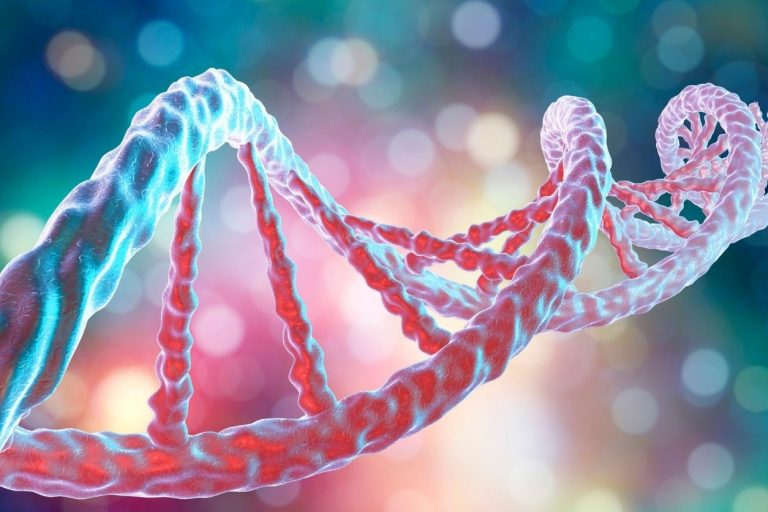A DNA Test for Gayness – Seriously!
October 14, 2015

A DNA study in America has claimed that it can accurately predict if you are gay or not. Yes, you did just hear me right!
UCLA scientists say they have produced the first scientific test that can tell whether a man is a homosexual, and all it takes is a saliva swab.
Now for the scientific mumbo-jumbo I don’t understand. It seems the researchers examined 400,000 epigenetic tags (chemicals that latch into DNA and help turn genes on or off)
This was all done by testing 47 pairs of identical twins, where one was straight and one was gay. They were able to focus on five epigenetic tags which were notably different between the gay and the straight twin. It seems they were able to predict which twin was gay 70% of the time.
Researchers presented the findings at the American Society of Human Genetics annual meeting in Baltimore.
“To our knowledge, this is the first example of a predictive model for sexual orientation based on molecular markers,” says lead author Tuck Ngun in a press release.
A more sceptical molecular geneticist said such tests are prone to false positives due to “spurious associations that are down to sheer chance,” reports New Scientist. Another stated that it needs to be replicated “on larger samples in order to know how good it is, but in theory it’s quite interesting.”
Ngun himself is gay, and has stated that he won’t be trying to find any commercial avenue for this research. In fact, he is binning it completely.
“I just left the lab last week,” he says. “I don’t believe in the censoring of knowledge, but given the potential for misuse of the information, it just didn’t sit well with me.”
A Major Issue
Now for a moment I wondered what he meant. Firstly, being a glass half full kind of guy, I thought that if we could prove that being gay is in the genetics, it may be one in the eye to the religious nuts who think you are doing the devil’s work by falling in love with another man. However, it didn’t take me long to see what the problem was.
If we can pinpoint what makes someone gay, then there becomes a real possibility that we can then start ‘fixing people’. Yes that may be a while off and there is nothing to say that this test is giving false readings due to its small scale, but I can see this being possible in the future.
However, that would be a real, real moral issue. Once you start ‘fixing’ something, you are immediately start saying that that particular thing is wrong. That is truly abhorrent in this case.
So, although this research may well be interesting, many will think that it should be kept on the back burner, or maybe put in the bin altogether.
So what do you think? Is this something worth persevering with? Let us know in the comments section below!
- Top 5 Common Mistakes Men Make in Bed and How to Fix Them - July 16, 2024
- Sensual Self-Expression: How to Embrace Your True Sexual Identity During Pride - June 28, 2024
- Sexual Fantasies: How to Talk About Them With Your Partner - June 23, 2024

